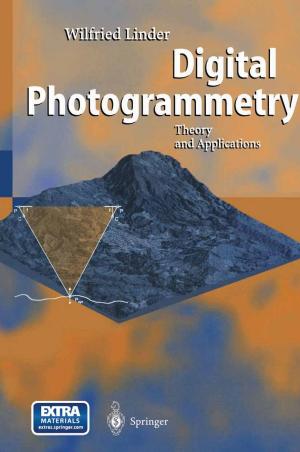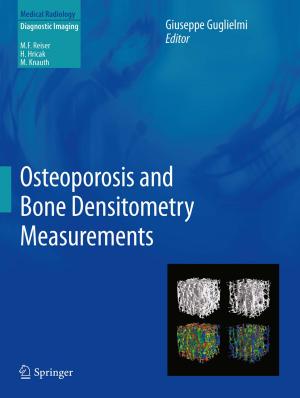Structural Chemistry of Silicates
Structure, Bonding, and Classification
Nonfiction, Science & Nature, Science, Earth Sciences, Mineralogy, Chemistry, Inorganic| Author: | F. Liebau | ISBN: | 9783642500763 |
| Publisher: | Springer Berlin Heidelberg | Publication: | December 6, 2012 |
| Imprint: | Springer | Language: | English |
| Author: | F. Liebau |
| ISBN: | 9783642500763 |
| Publisher: | Springer Berlin Heidelberg |
| Publication: | December 6, 2012 |
| Imprint: | Springer |
| Language: | English |
As natural minerals, silica and silicates constitute by far the largest part of the earth's crust and mantle. They are equally important as raw materials and as mass produced items. For this reason they have been the subject of scientific research by geoscientists as well as by applied scientists in cement, ceramic, glass, and other industries. Moreover, intensive fun damental research on silicates has been carried out for many years because silicates are, due to their enormous variability, ideally suited for the study of general chemical and crystallographic principles. Several excellent books on mineralogy and cement, ceramics, glass, etc. give brief, usually descriptive synopses of the structure of silicates, but do not contain detailed discussions of their structural chemistry. A number of monographs on special groups of silicates, such as the micas and clay min erals, amphiboles, feldspars, and zeolites have been published which con tain more crystal chemical information. However, no modern text has been published which is devoted to the structural chemistry of silicates as a whole. Within the last 2 decades experimental and theoretical methods have been so much improved to the extent that not only have a large number of silicate structures been accurately determined, but also a better under standing has been obtained of the correlation between the chemical composition of a silicate and its structure. Therefore, the time has been reached when a modern review of the structural chemistry of silicates has become necessary.
As natural minerals, silica and silicates constitute by far the largest part of the earth's crust and mantle. They are equally important as raw materials and as mass produced items. For this reason they have been the subject of scientific research by geoscientists as well as by applied scientists in cement, ceramic, glass, and other industries. Moreover, intensive fun damental research on silicates has been carried out for many years because silicates are, due to their enormous variability, ideally suited for the study of general chemical and crystallographic principles. Several excellent books on mineralogy and cement, ceramics, glass, etc. give brief, usually descriptive synopses of the structure of silicates, but do not contain detailed discussions of their structural chemistry. A number of monographs on special groups of silicates, such as the micas and clay min erals, amphiboles, feldspars, and zeolites have been published which con tain more crystal chemical information. However, no modern text has been published which is devoted to the structural chemistry of silicates as a whole. Within the last 2 decades experimental and theoretical methods have been so much improved to the extent that not only have a large number of silicate structures been accurately determined, but also a better under standing has been obtained of the correlation between the chemical composition of a silicate and its structure. Therefore, the time has been reached when a modern review of the structural chemistry of silicates has become necessary.















